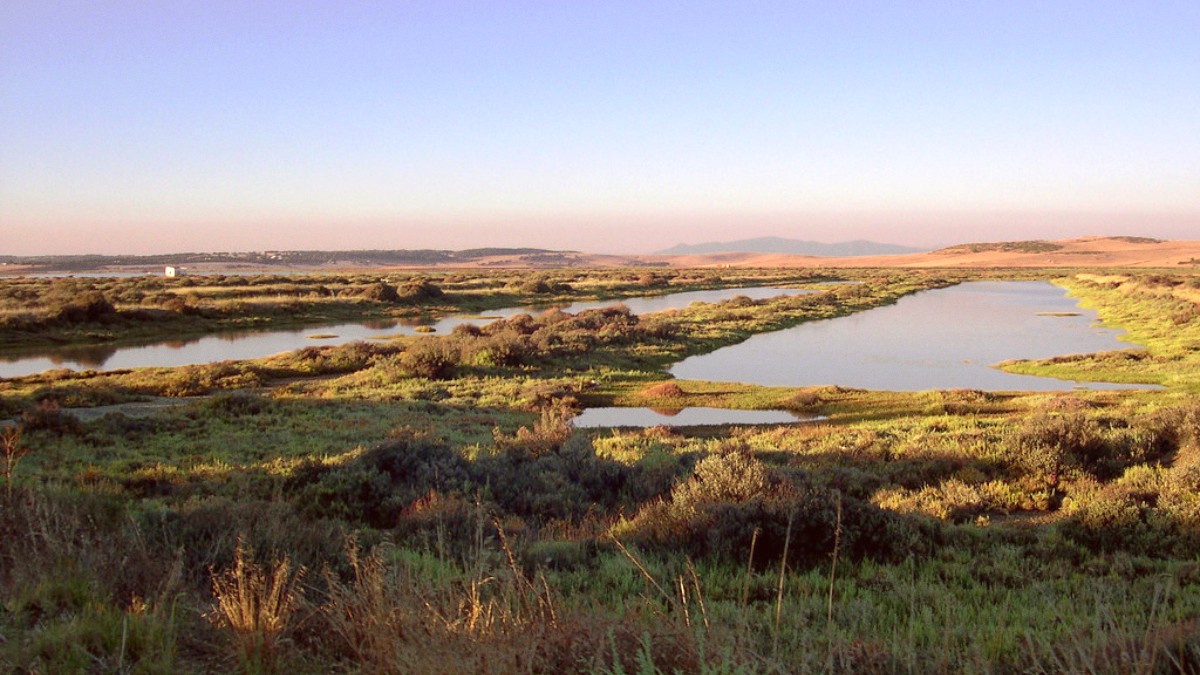
Andalucia, Spain
Major mobile providers in Spain include Orange, Vodafone, Movistar, and Yoigo. Prepaid SIM cards are available.
Spanish (Castilian) is the official language. English is spoken in major tourist areas, but basic Spanish phrases are appreciated.
Learning a few basic Spanish phrases is appreciated by locals and can greatly enhance your travel experience.
Cadiz businesses have specific operating hours; plan your activities accordingly.
Many shops close for siesta (2 PM - 5 PM). Larger stores have continuous hours. Closed Sundays.
Lunch from 1:30/2 PM. Dinner from 8:30/9 PM. Tapas bars may open earlier.
Typically 10 AM - 2 PM and 5 PM - 8 PM. Many close on Mondays.
Banks generally open Monday-Friday, 8:30 AM to 2:00/2:30 PM. Some may open on Saturday mornings.
During holidays, many businesses, banks, and public services will be closed or have reduced hours. Public transport may operate on a Sunday schedule.
Adjust your itinerary based on local opening hours, especially during siesta and public holidays, for a smoother experience.
Navigating Cadiz with cultural grace makes your experience more enjoyable.
"Hola" for informal greetings; "Buenos días" for formal. A handshake is common for initial introductions.
Tipping is not mandatory but appreciated for good service. Embrace the late dining culture.
Avoid discussing sensitive topics like Catalan independence or the Franco era unless you know your audience well.
Spain is generally progressive and open, with strong legal protections for LGBTQ+ individuals.
Adhering to local customs and displaying courtesy makes your interactions with locals more positive and memorable.
Cadiz is working to improve accessibility, though its historic nature presents some challenges for travelers with mobility needs.
The Old Town presents challenges due to narrow, uneven, and cobblestone streets. Many older buildings lack elevators.
Some major attractions like Cadiz Museum and parts of the Cathedral have improved accessibility.
Limited specific services are tailored for tourists with these impairments.
Local tourism boards might have limited specific information for travelers with disabilities.
Newer public buildings, museums, and larger hotels are typically more accessible.
City buses, trains, and the Trambahía system are generally equipped for accessibility.
Major attractions frequently update their accessibility features. Verify prior to your visit.
Contacting venues and transport services directly for up-to-date accessibility information can greatly assist in planning.